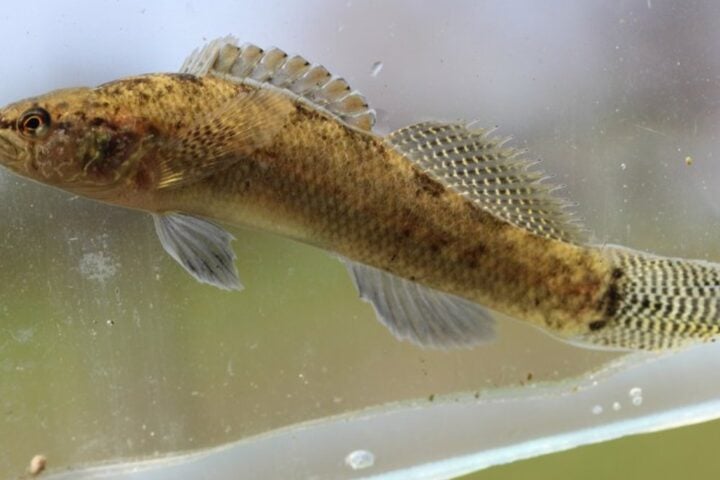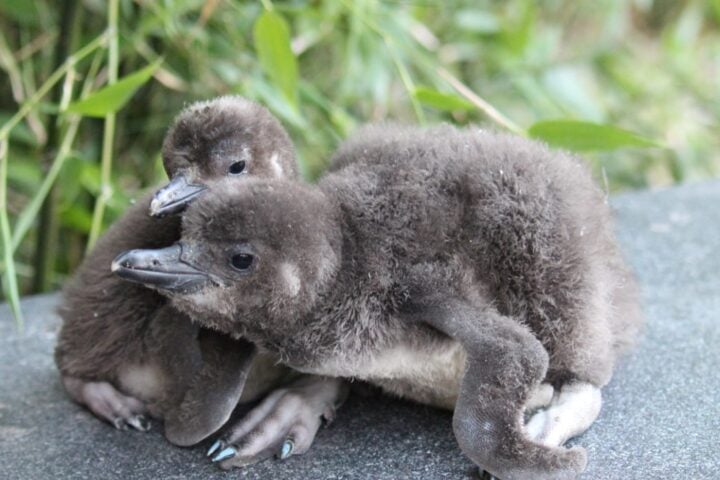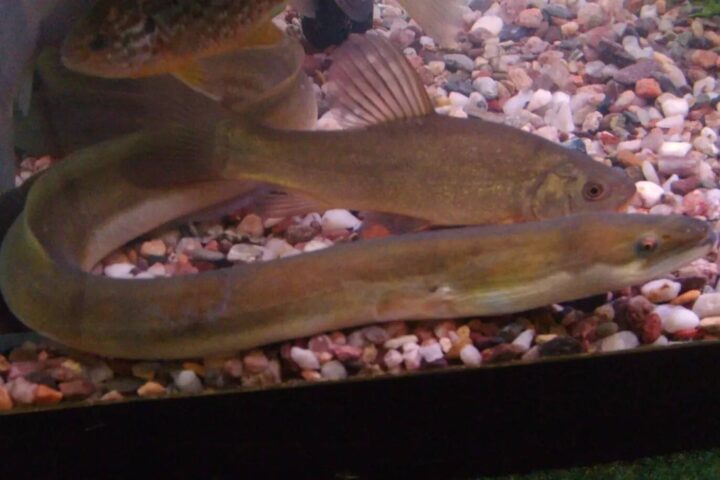The research conducted at North Carolina State University on using genetic modification and “gene drive” technology to control the population of an invasive fruit fly called the spotted wing drosophila has shown a new way. The insects’ DNA was manipulated by the researchers to make the female offspring sterile, significantly reducing the chances of population rebound. The researchers could potentially collapse the fruit fly population in about 5 months by releasing modified flies that pass on the sterility trait to their offspring. It is not a new concept to genetically modify insects for pest control, but it has been less prevalent in agriculture due to the availability and ease of using pesticides. This research, however, presents a promising method that could be more cost-effective and efficient than other approaches.
To reduce the need for continuous releases and provide an important tool for farmers to manage the devastating impact of the fruit fly on crops, the modified flies could be released periodically. As warmer winters allow invasive species like the spotted drosophila to survive and expand their range, the fight against pests has become increasingly challenging with climate change. Various methods have been used by the farmers, such as pesticides, traps, netting, and plastic coverings, to combat the pests. These methods, however, have drawbacks, including the potential harm to beneficial insects, operational disruptions due to pesticide use, and challenges in setting up netting or plastic coverings. The study conducted by Max Scott and his team addresses the issue of gene mutations that can arise and resist the intended effects of gene drive technology.
Similar Post
They aim to prevent such mutations from occurring by focusing on sterilizing females. Still in its infancy stage, the research needs more lab and field trials, as well as regulatory processes, before practical application. The importance of developing tailored genetic approaches to pest control is emphasized, particularly as insecticide resistance increases. If proven to be environmentally safe, bio-control approaches are preferred over pesticides due to their lower environmental consequences and costs. The Biology and ecology of insects are being studied by researchers across the country while they explore transgenic approaches for population control in various pest species. The development of new solutions to manage pests is crucial for the future of their farms, especially for farmers who have experienced significant losses due to the spotted wing drosophila. The importance of finding effective pest management techniques is highlighted by the potential impact on crop sales and the need to ensure the sustainability of agricultural operations.

















![A male [[Great white shark]] off [[Isla Guadalupe]], [[Mexico]]. Along with many [[Mackerel scad|Mackarel scads]] seen in the background. Photo Source- Terry Goss (CC BY-SA 3.0)](https://www.karmactive.com/wp-content/uploads/2025/06/White_shark-720x480.jpg)
